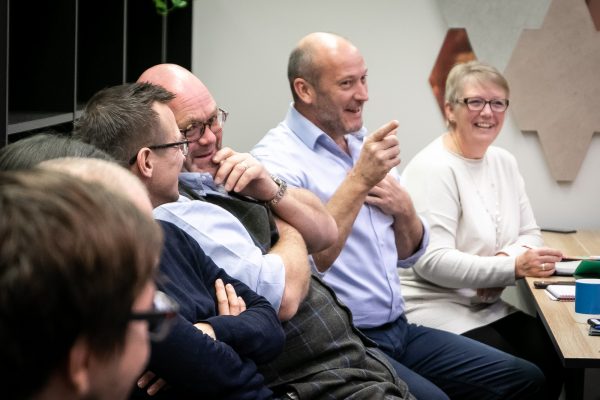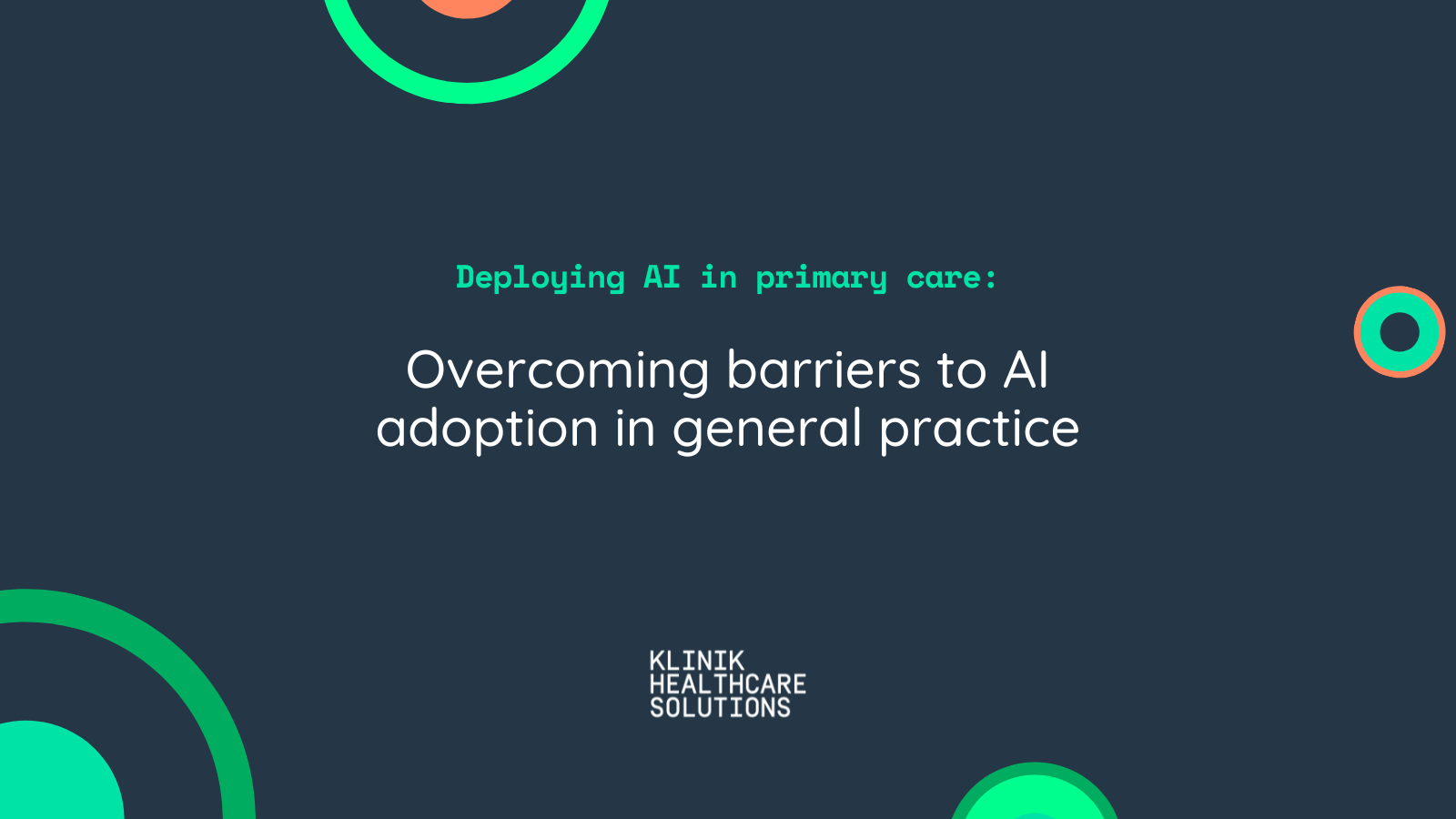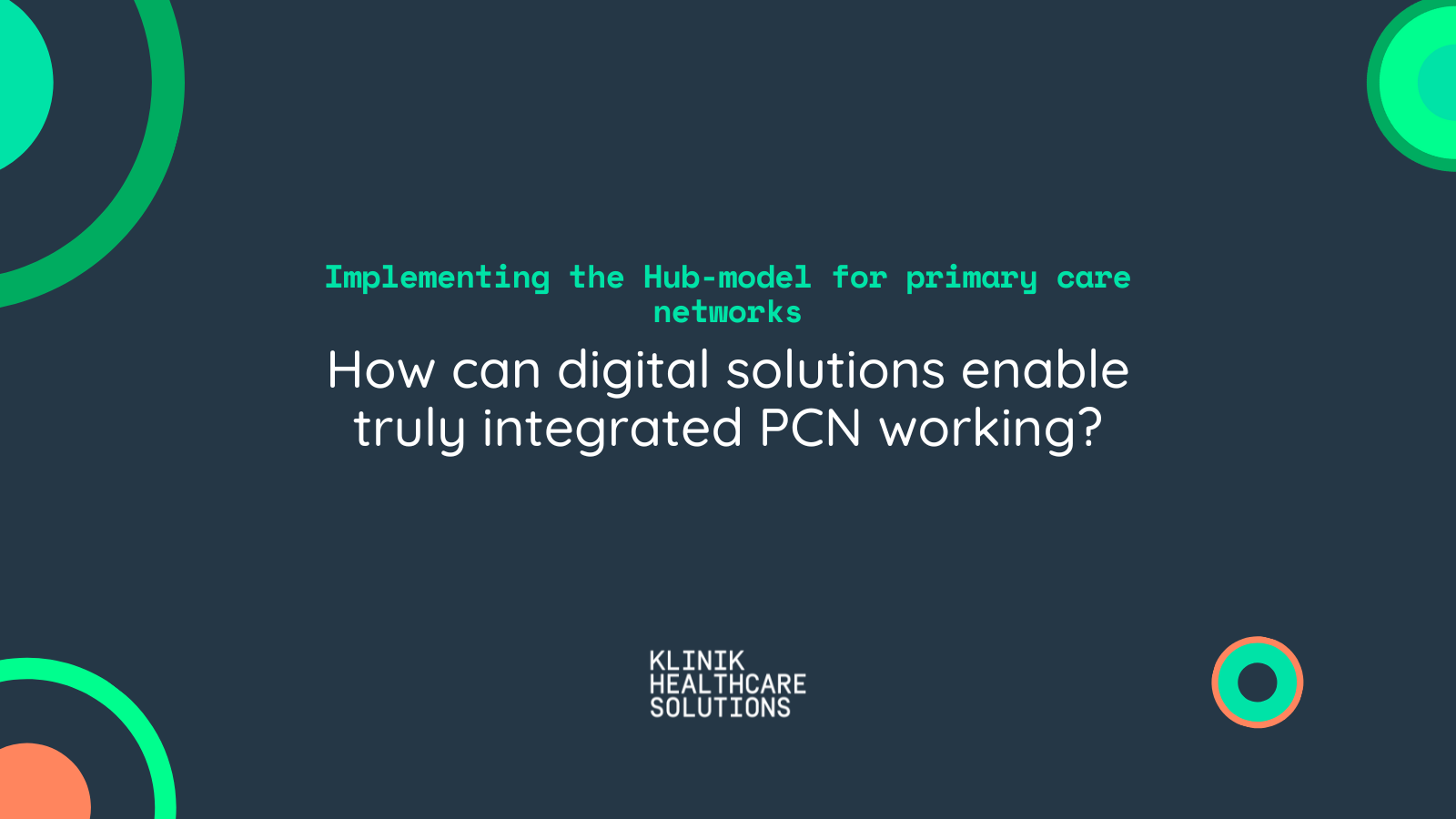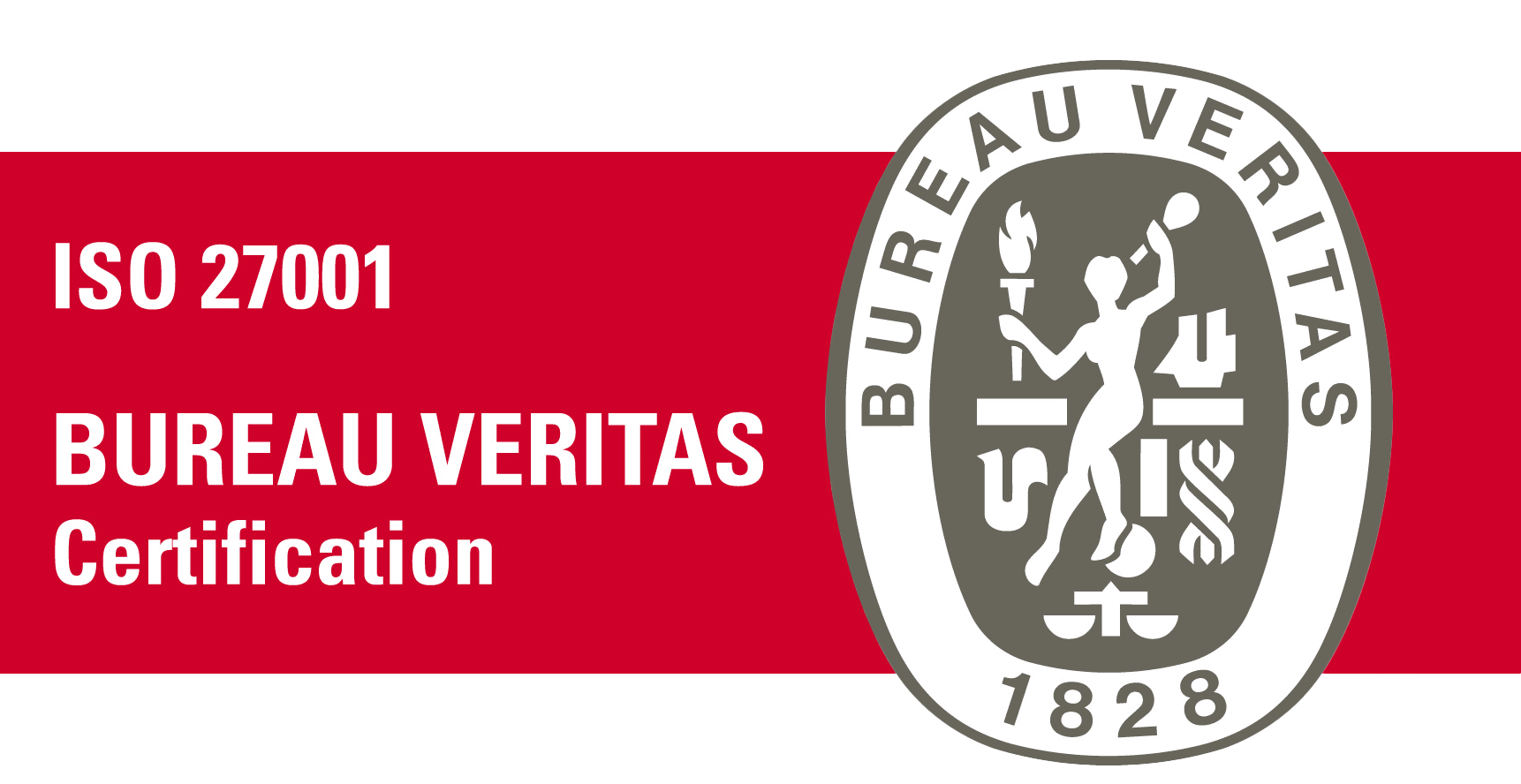UK healthcare executives interested in Klinik’s AI solutions

A delegation of British healthcare leaders came to Finland as Klinik’s guests to check out digital solutions in healthcare. The island nation is seeking new and alternative solutions to the shortage of doctors.
The UK healthcare system, which is based on practices run by general practitioners, is suffering from a shortage of doctors. Traditionally in the UK, doctors have worked long hours at their practices, but the young generation of doctors no longer want to commit themselves to working and investing in a single practice, but prefer to work for several employers. A large number of doctors are also nearing retirement age.
The situation cannot continue in this way: we need a functional, secure and safe IT solution.
“When I started at my practice, there were 1,500 registered patients per one doctor. Today, the number is close to 3,000. This is the trend everywhere in the UK”, says Dr Adam Ellery from Praze and Beeble Surgery in Cornwall, who visited Finland with the delegation.
According to Dr Ellery, patients typically find it difficult to contact their practice and get an appointment. Professionals, on the other hand, feel pressure with the increasing number of patients and fear they will make mistakes. In addition, the rapidly ageing population brings its own challenges.
“The situation cannot continue in this way: we need a functional, secure and safe IT solution”, says Dr Ellery.
New solutions to compliment phone services
To facilitate patients’ access to treatment, NHS 111, a phone and online application service, has been developed in the UK, offering round-the-clock medical help. Individual practices also offer patients phone consultation in addition to face-to-face appointments.
Shortage of staff in healthcare has been identified at a national level, and there is a will at a ministerial level to tackle it.
“I believe that the Klinik service could manage certain things better than NHS 111 but could also work in a complimentary way alongside the NHS 111 system. The challenge that we have is that our service is not agile enough, and it can be administratively difficult to make changes to the care pathways, even when we know that an alternative pathway could be safer or more efficient”, says Carolyn Andrews, chief executive of Kernow Health CIC, a company that works on behalf of general practitioners in Cornwall.
Solutions are now eagerly being sought in the UK to run things more efficiently.
According to one of the delegates, Mark Woolcock, solutions are now eagerly being sought in the UK to run things more efficiently. Woolcock is the chief operating officer of the Cornwall 1111 Integrated Urgent Care Services.
”We need new systems to help the work of the professionals. We know where the problems are, and you at Klinik may have the solutions. Maybe we can bring these things together”, Woolcock says.
“For us as a company, the market situation in the UK is interesting, because the shortage of staff in healthcare has been identified at a national level, and there is a will at a ministerial level to tackle it. We can immediately get down to the nitty-gritty and can trust that solutions to the problems are genuinely being sought”, says the CEO of Klinik, Hannu Nissinen.
A delegation of UK healthcare executives visited Finland in early November. The programme included a visit to a health centre in the city of Lohja, where the guests could witness the Klinik Pro service in action.








